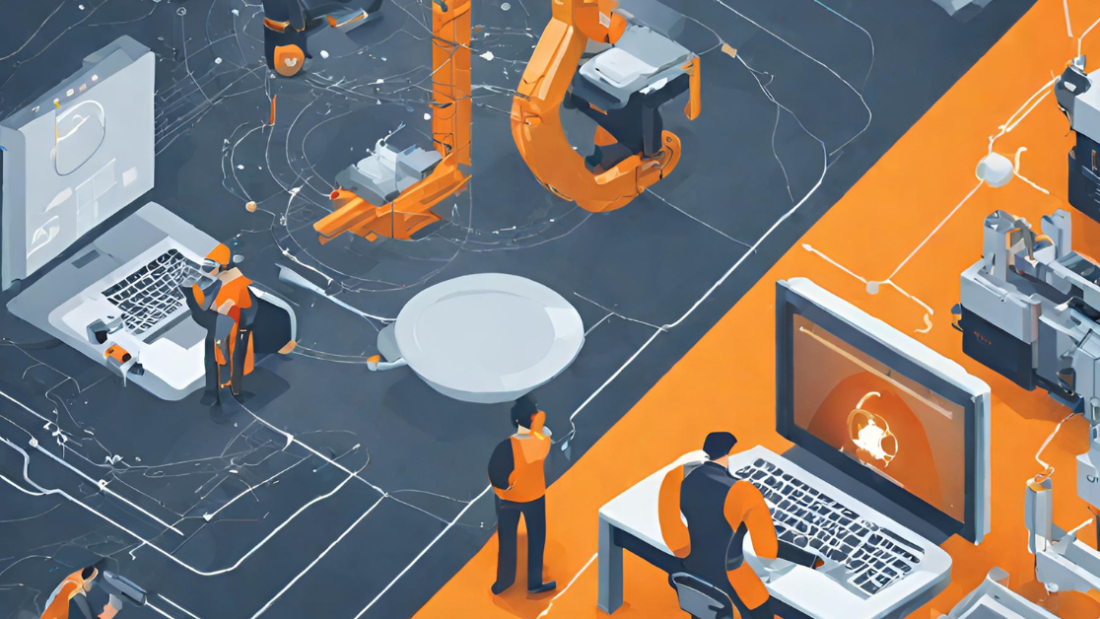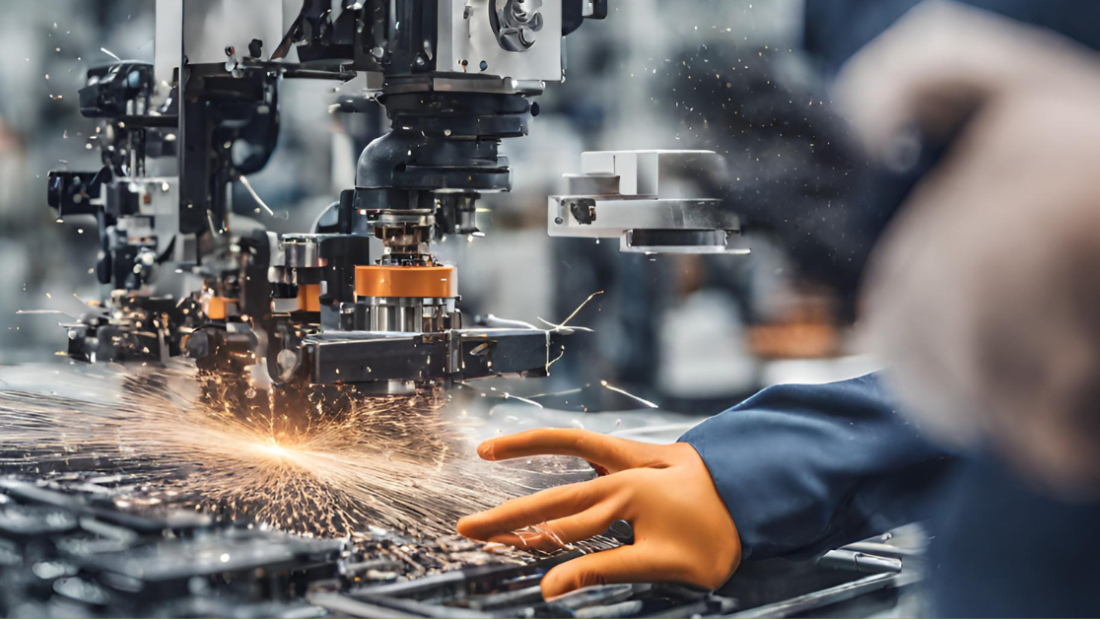Imagine a world where making things doesn’t create a lot of waste, helping our planet stay healthy. That’s the idea behind waste-free manufacturing in the circular economy. Instead of the usual way of making things and throwing away a bunch of stuff, we want to find ways to use resources wisely.
Here we’re going to look at how realistic it is to make things without creating much waste. We’ll check out relevant technologies, rules from the government, and how everyone working together can help deliver waste-free manufacturing!
Solving Manufacturing’s Waste Puzzle
Achieving waste-free manufacturing is challenged by the diversity of production processes, industry-specific obstacles, and technological limitations. Sectors such as fast fashion and aerospace face unique challenges in minimizing waste due to their distinct operational needs. Outdated machinery and a lack of standardized eco-friendly solutions hinder progress, requiring significant upfront investments. Financial constraints, especially for small and medium-sized enterprises, further impede the adoption of waste-free practices. Overcoming these hurdles demands collaborative efforts to develop feasible solutions, set standardized guidelines, and provide financial incentives for a swift and collective transition to sustainable manufacturing practices.
The Impact of Resource-Efficient Design
Resource-efficient design reduces waste by optimizing product conception and manufacturing. By prioritizing materials with minimal environmental impact and efficient production processes, it minimizes waste generation. Product lifecycle analysis is crucial, helping industries identify waste reduction opportunities. It assesses environmental impacts from raw material extraction to disposal, guiding sustainable choices. Successful cases, like using recycled materials or modular design, showcase how resource-efficient approaches significantly cut waste. These practices not only benefit the environment but also support cost-effective and sustainable manufacturing, making them essential in our pursuit of waste reduction and a greener future.
Encourage Consumers to choose eco-friendly Products
Education and awareness initiatives can shape consumer choices toward eco-friendly products by highlighting their minimal environmental impact. Businesses play a vital role in incentivizing such choices, offering rewards or discounts for selecting items aligned with waste-free manufacturing principles. Cultural and psychological factors are crucial considerations. Understanding societal values and addressing psychological barriers, such as convenience and status quo bias, is vital for promoting a shift to sustainable consumption habits. By making green choices more accessible, rewarding, and aligned with cultural values, we can foster a positive change in consumer behavior for a more sustainable future.
Adopt technologies that drive waste reduction
Cutting-edge technologies are reshaping manufacturing to minimize waste. Smart manufacturing, 3D printing, and other advanced innovations play a crucial role. Smart manufacturing optimizes processes using data and automation, reducing inefficiencies and waste. 3D printing allows precise production, minimizing material waste compared to traditional methods. Emerging trends like circular supply chains, where products are reused or recycled, show promise in achieving waste-free manufacturing. These breakthroughs not only enhance efficiency but also mark significant strides towards a future where technology leads the way in minimizing waste and promoting sustainability in manufacturing.
Makoro’s Role in Sustainable and Intelligent Operations
Makoro plays a pivotal role in advancing waste-free manufacturing through its AI-powered optimization and recommendation platform. By leveraging cutting-edge technologies like artificial intelligence and machine learning, Makoro facilitates data-driven decision-making. It enables manufacturing organizations to optimize processes, reduce inefficiencies, and minimize waste generation. The real-time recommendations provided by Makoro contribute to resource-efficient production processes by guiding industries in making sustainable choices from raw material extraction to disposal. Additionally, Makoro supports the integration of smart manufacturing practices and innovations like 3D printing, aligning with the goal of achieving waste reduction and promoting sustainability in the manufacturing sector.
Get started with Makoro – Transform manufacturing with innovation and sustainability! Discover more on our website and join the revolution towards waste-free operations!



